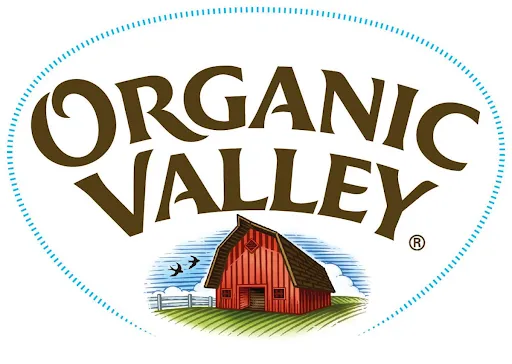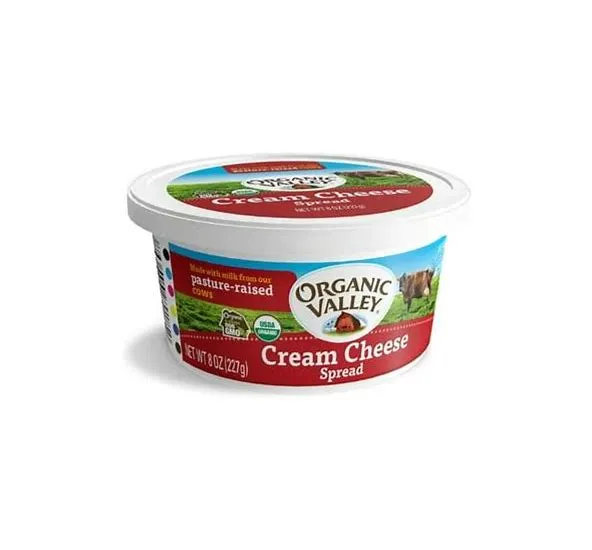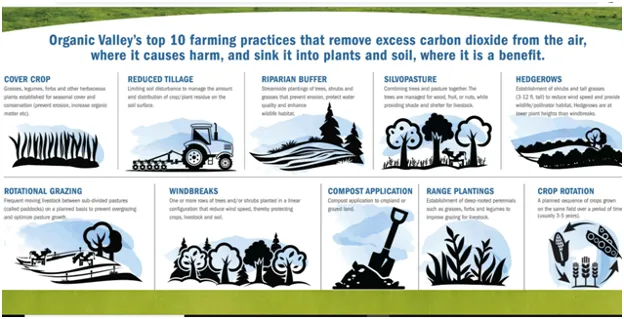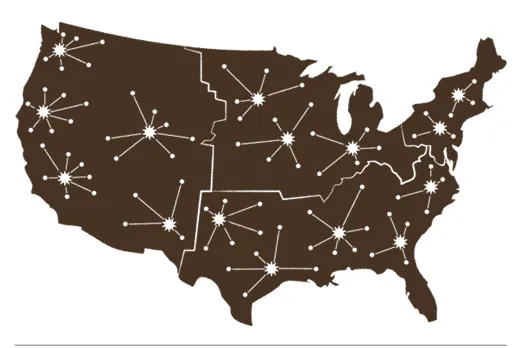Environmental Scientist's Review: How Sustainable is Organic Valley?
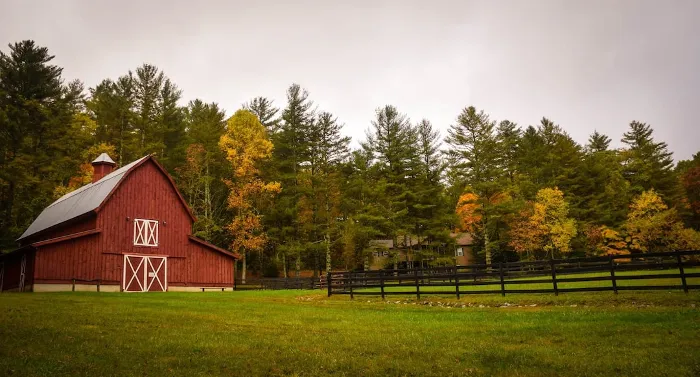
-
Why Buy Organic Valley Products?
- Organic Valley Is Organic
- Organic Valley Is Sustainable
-
My Final Thoughts on Organic Valley
The phrase “Get big or get out” is a saying that was popular in the 1970s.
This message to small family farms was that they needed to expand and industrialize or leave the farming industry.
Earl Butz, the Secretary of Agriculture under President Nixon and Gerald Ford, used this phrase as his mantra to farmers.
In 1935, the number of U.S. farms peaked at 6.8 million. However, the numbers declined as a result of growing productivity in agriculture.
Today, agriculture production is concentrated on a smaller number of large and specialized farms.
Since the 1960s, big corporations have taken over more than 600,000 family farms.
Shareholders continually demand for higher profits each year, which usually come at the expense of the environment and the farmers themselves.
These large industrial farms seek maximum sustainable yields with little regard for social and environmental consequences.
Furthermore, these farms typically focus on producing just one crop or commodity.
Producing one crop, or “mono-culture farming,” typically requires the use of synthetic chemicals and leads to greater soil degradation and other negative impacts.
The phrase “Get big or get out,” is still being used today.
According to a Minneapolis StarTribune article, President Trump’s agriculture secretary, Sonny Perdue, has said that he doesn’t know if the family dairy farm can survive as the industry moves toward a factory farm model.
Perdue has said. “In America, the big get bigger and the small go out.”
Supporting small and sustainable farms is important. If you want to support small organic family farms, look no further than Organic Valley.
Why Buy Organic Valley Products?
Organic Valley is a farmer-owned cooperative that was founded in La Farge, Wisconsin in 1988.
It started as a group of seven family farmers who refused to “get big or get out” and instead banded together and kept from becoming industrial, chemical farmers.
What makes Organic Valley unique is that the farmers own the company.
It is not a corporation that is driven solely by profit margins. As they would say, “We’re not driven by profits; we’re driven by principles.”
Not having to follow greedy shareholders who want to maximize profits allows Organic Valley’s organic farms to grow food in the right and more sustainable way as opposed to the cheap and exploitative way.
Today, the Organic Valley cooperative has grown to more than 2,000 family farms and around 900 employees.
Organic Valley Is Organic
Organic Valley is true to its name, and its products are indeed organic.
This means that Organic Valley farmers do not use GMOs, synthetic hormones, antibiotics, or toxic pesticides.
Organic farming practices encourage regenerative agriculture techniques and diverse ecosystems.
Furthermore, there is no toxic pollution by pesticides, growth hormones, and antibiotics since these farms do not use these substances.
Organic Valley’s website states that they have kept an equivalent of 330 million pounds of toxic pesticides and fertilizers out of the environment.
Innovative techniques such as stocking natural predators of pests and pulling weeds out by hand are used instead.
Organic Valley is certified as organic by Oregon Tilth, which is a certifying agent for the USDA’s National Organic Program.
Organic Valley Is Sustainable
Sustainable farming is based on several important factors: size, water and energy efficiency, low emission, and eco-friendly packaging.
Organic Valley, while a big company, comprises small family-owned farms.
Sustainable farming is small, and Organic Valley has allowed these family farms to stay small, profitable, and organic.
Organic Valley is also working on becoming carbon-positive.
Organic Valley has secured $2.2 million dollars in public and private funding for co-op members to implement Climate Smart Farming.
Climate Smart Farming is a voluntary initiative that helps farmers reduce greenhouse gas emissions.
This is done through the adoption of best management practices, increased energy efficiency, and the use of renewable energy.
Organic Valley has three cooperative member dairy farms involved with additional carbon sequestration and reductions in greenhouse gases.
The goal of these farms is to achieve carbon neutrality or even a carbon-positive position.
The successful learning and implementation of these Climate Smart Farming plans will open the door for future implementation across the entire cooperative of more than 2,000 organic farms.
The list of sustainable initiatives that Organic Valley participates in goes on and on.
Sustainable practices that are implemented on Organic Valley’s family farms are cover crops, reduced tillage, riparian buffers, silvopasture, hedgerows, rotational grazing, windbreaks, compost application, range plantings, and crop rotation.
Organic Valley’s sustainability team has also partnered with Annie’s Organic, the Carbon Cycle Institute, and the California Resource Conservation Districts to help develop comprehensive dairy farm carbon plans.
Lastly, Organic Valley has farms, processing, and distributing centers located all across the United States (as seen above). Products can, therefore, be packaged and delivered to local stores, reducing food miles and the carbon footprint.
My Final Thoughts on Organic Valley
When you are purchasing groceries at your local supermarket, I recommend purchasing Organic Valley.
Supporting this farming cooperative and the small organic family farms that are a part of it is important.
Say no to big and industrialized farming and yes to farmers who are committed to growing food the right way.
-
Why Buy Organic Valley Products?
- Organic Valley Is Organic
- Organic Valley Is Sustainable
-
My Final Thoughts on Organic Valley

